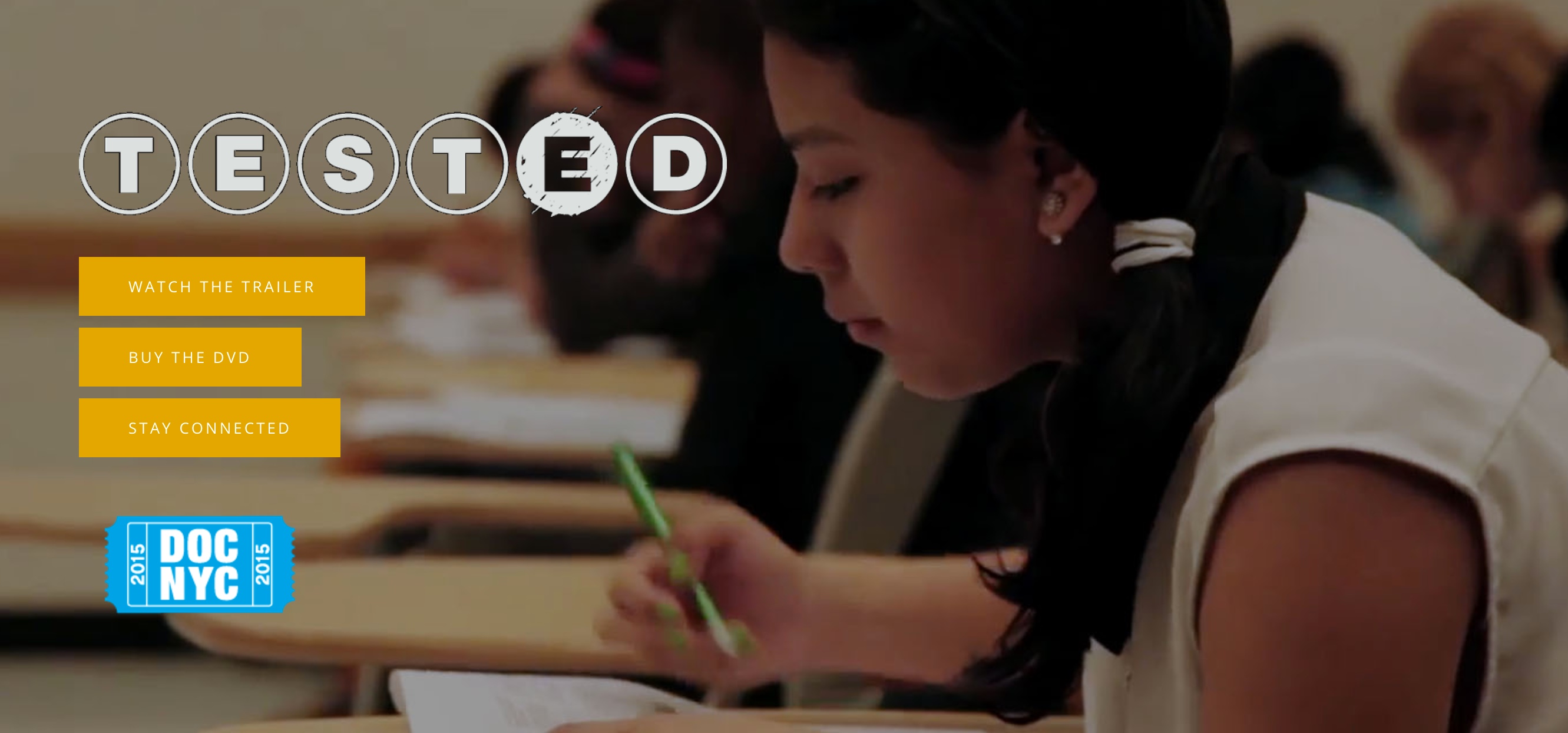Staying relevant to the emerging trends of Information Technology: Is this the year to see drastic changes in IT Service Industry? by Vaishnavi Agrawal offers sound advice about how to stay up to date with information technology and offers a view regarding the changes coming this year. Vaishnavi sends this post from her home in Bangalore, India. Thanks for helping Dr.Doug go global.

Introduction
- Is there anything more interesting than turning your entire house into a smart home. Yes, this is possible and is happening using one of the newest technologies called IOT (internet of things). Technology is giving us the immense luxury and comfort we couldn’t find anywhere. Don’t risk missing out on such comfort. Make your life more interesting by staying tuned for IT updates every day. In this continuously changing era of technology, keeping you up to date is challenging and at the same time very important too. In this article, I write about tips you should follow to stay relevant to IT and some of the out of the ordinary IT news of this current year.
Stay Online and Make it Worthwhile
- Always try to take as much information as you can from the internet. The internet is a huge nest of information and you can find any category of information through it. Learn good searching tactics to get into the legitimate websites and get to know about the changes and developments not only in IT, but in various other industries too.
- Stay connected to job portals, online video classes on technology, meetings, chats, comments, and group discussions on the discussion forums. There is hardly any problem whose solution can’t be found on the internet. Bring into play the internet tools and stay relevant to the budding trends in the IT world.
- Blogs are the way creative people tell you about any news. A lot of people are interested in sharing their knowledge about any topic on the internet. Like any other blogs, there are a lot of websites that publish technology blogs such as upsidedown.com, and others. Read the technology blogs and stay alert to IT in a creative way.
Brush up Your Skills
- Along with the news, the most important thing to stay updated in IT is to keep your skills updated. If you work in IT, and you don’t keep your skills updated then your career will never grow. So try to keep in touch with the new technologies and the newer improvements in the technology you are specialized in. Stumble on new technologies on demand such as Big Data Hadoop, and others,. and get well qualified for them. Once you are trained, clear exams and get certifications from renowned companies, try clearing the exams with great scores, because, if you get good grades in your certifications, it will make a huge difference in your resume fulfilling high demands in the market. If you always brush up your skills and stay polished and no one can stop you from shining in the IT world.
Because Daily News Makes Sense
- Instead of finding new IT updates on the websites, put an email alert to those websites, so that you get notifications on your email id whenever a new topic or a new content on technology pops up. Sign up for google alert and activate the alerts mainly for news instead of the blogs. Because there will be a lot of blogs and to get notifications for each and every blog now and then will be somewhat irritating. Instead of signing up with your mobile number in the alerts, better sign up with your email id. With this, you will be able to read the news only when you want to read them. Keeping yourself alert with the various technological changes in the industry helps you stand out in the crowd in this challenging competition. Also be sure to unsubscribe from blogs that don’t prove to be helpful.
Socialize more
- Networking gives you notifications and so proper networking allows you to have newer links from IT industries. Get industry insider news and news of upcoming interesting IT projects through online networking. Maintain your updated Linkedin profile always and keep developing connections with the industry folks.
Attend Conferences
- Start attending IT conferences whenever you are free. Because it is news through which, you will be able to know the whereabouts of the IT industry, the decisions taken by the IT delegates and the stories of those IT employees. By attending conferences, you will be able to meet those IT delegates face to face. It will help you know more about the realities going on in the IT culture. Networking will go to the next level only when you meet up people in real-time.
- Staying notified to IT increases your intelligence on the same. If you go through the notifications of this year’s IT industry, you will be glad to find that technology is evolving and this year has brought various drastic changes in the IT industry. Here are a few of these changes: 1. Virtualization will be added to the software-defined data center used in big enterprises. This virtualization will broadly support the Internet of things, and cloud services. 2. We will have high GB wire speed switches in the market with about thirty-two ports in a one-unit chassis. Along with this, we will be seeing high capacity switches with about five hundred and twelve ports. 3. Colo is a center to allow space for businesses, and the cloud is the technology that connects all the systems with a single network. Many Colo providers have emerged in 2016. 4. In 2016, business intelligence and analytics used in IT will jump to a higher level based on hard facts. The Internet of things has turned to reality in 2016 where every little thing around you will get connected through the Internet. From your cup of coffee to vehicles and buildings, everything will be connected through the internet by embedding electronic devices into them. This allows for efficiency, comfort , and economic benefit.
- Staying updated in your field always provides longevity in your job by upgrading your skills, giving you a better experience. Good luck.
Vaishnavi Agrawal
- Vaishnavi loves pursuing excellence through writing and has a passion for technology. She has successfully managed and run personal technology magazines and websites. She currently writes for Intellipaat.com, a global training company that provides e-learning and professional certification training. The courses offered by Intellipaat address the unique needs of working professionals. She is based out of Bangalore, India and has an experience of five years in the field of content writing and blogging. Her work has been published on various sites related to Hadoop, Big Data, Business Intelligence, Cloud Computing, IT, SAP, Project Management and more.














